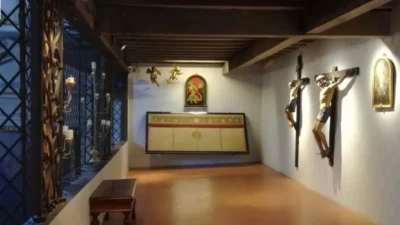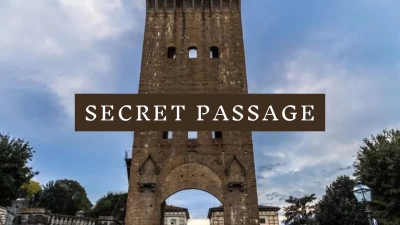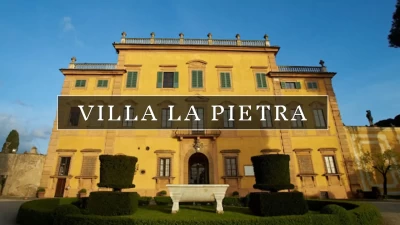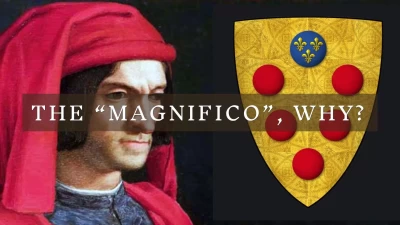The Museum of La Specola
 The Museum of La Specola is a hidden gem in Florence, steeped in history and charm, captivating science enthusiasts and culture aficionados alike. Established in 1775, it stands as Europe's oldest scientific museum, housing an extraordinary collection of zoology and anatomy.
The Museum of La Specola is a hidden gem in Florence, steeped in history and charm, captivating science enthusiasts and culture aficionados alike. Established in 1775, it stands as Europe's oldest scientific museum, housing an extraordinary collection of zoology and anatomy.
Located within the captivating Palazzo Torrigiani, at Via Romana 17, the museum derives its name from the astronomical observatory constructed on the rooftop of the building at the behest of Grand Duke Pietro Leopoldo. However, its true marvel lies in the anatomical collection, unparalleled in its antiquity and breadth.
In the 18th century, medical education relied heavily on cadaver dissection. Yet, the Grand Duke, known for his enlightened spirit, sought to revolutionize teaching methods by creating intricately detailed anatomical wax models. Crafted by master modelers such as Clemente Susini and Francesco Calenzuoli, these models are astonishingly lifelike and represent a true masterpiece of scientific art.
Today, only a fraction of this remarkable collection is on display to the public, maintained at a constant temperature of 18 degrees to preserve its integrity.  Among the most celebrated models is the "Anatomical Venus," with its intricate vascular system created using silk threads soaked in wax.
Among the most celebrated models is the "Anatomical Venus," with its intricate vascular system created using silk threads soaked in wax.
Each displayed figure tells a unique story of discovery and scientific progress, showcasing the talent and mastery of its creators. The Museum of La Specola continues to inspire scholars and visitors worldwide, celebrating the marriage of art and science that has made Florence one of Europe's cultural capitals.
Altri articoli

Santa Maria Nuova and its secret underground
Even the great artist Leonardo da Vinci studied anatomy and dissected bodies in this long corridor!!

Do you know a secret passage?
In 1877 the secret passage was accessible: four thousands and five hundreds of people crossed it paying twenty-five cents each one!

Villa La Pietra
A historic villa becomes a university campus in '94. It has historical roots dating back to the 14th century, passing through the hands of bankers,

The Magnificent, why?
Lorenzo de' Medici, although not having attained such a position, was called so for his role as a guide and influence on the city.



